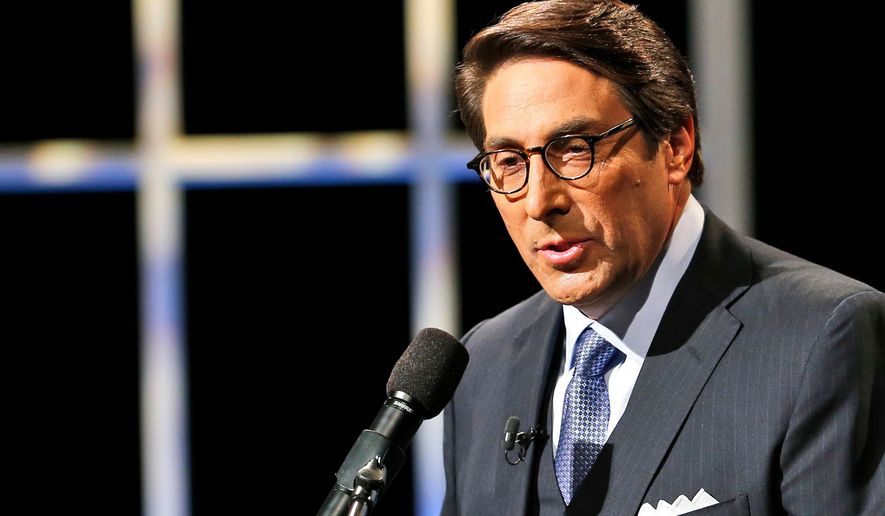Lawyers for President Trump on Thursday asked the Supreme Court to block a New York grand jury from seizing his tax returns, setting up a landmark ruling on the extent of presidential immunity.
The case marks the first time the president’s attorneys have taken their immunity argument to the nation’s highest court.
“In our petition, we assert that the subpoena violates the U.S. Constitution and therefore is unenforceable,” Jay Sekulow, the president’s attorney, said in a statement. “We are hopeful that the Supreme Court will grant review in this significant constitutional case and reverse the dangerous and damaging decision of the appeals court.”
Mr. Trump is still healing from a string of stinging losses in the lower courts regarding his tax returns.
On Wednesday, a different appeals court in Washington denied the president’s petition to prevent House Democrats from accessing eight years of his tax returns and other documents.
If the Supreme Court agrees to hear the case, it will test the limits of presidential immunity as it becomes an increasing issue in Democrats’ impeachment inquiry.
The court could decline to review the case, effectively forcing Mr. Trump to turn over his tax returns. Mr. Sekulow, in his petition, emphasized the case’s gravity.
“Every time a president has asked the Court to review an unprecedented use of legal process against the occupant of the office, it has done so,” he wrote.
Justices will decide whether to take the case over the next few weeks. Mr. Trump has appointed two justices — Neil Gorsuch and Brett Kavanaugh — to the court.
A decision wouldn’t be immediate, however. If the court agrees to the hear the case, arguments would likely happen in mid-January. The court would likely release its opinion sometime in the spring, as the 2020 presidential election heats up.
The case stems from a New York criminal investigation led by Manhattan District Attorney Cyrus A. Vance. In April, Mr. Vance subpoenaed Mr. Trump’s accounting firm, Marzas USA, as part of his probe into hush money paid to two women who alleged affairs with the president.
Mr. Trump has denied wrongdoing.
In his petition, Mr. Sekulow said it was the first time in history, a local prosecutor opened a criminal investigation into the president.
He wrote the court must decide “whether the district attorney’s issuance of criminal process demanding the president’s records violates the immunity that he holds under Article II and the Supremacy Clause of the Constitution.”
• Jeff Mordock can be reached at jmordock@washingtontimes.com.




Please read our comment policy before commenting.